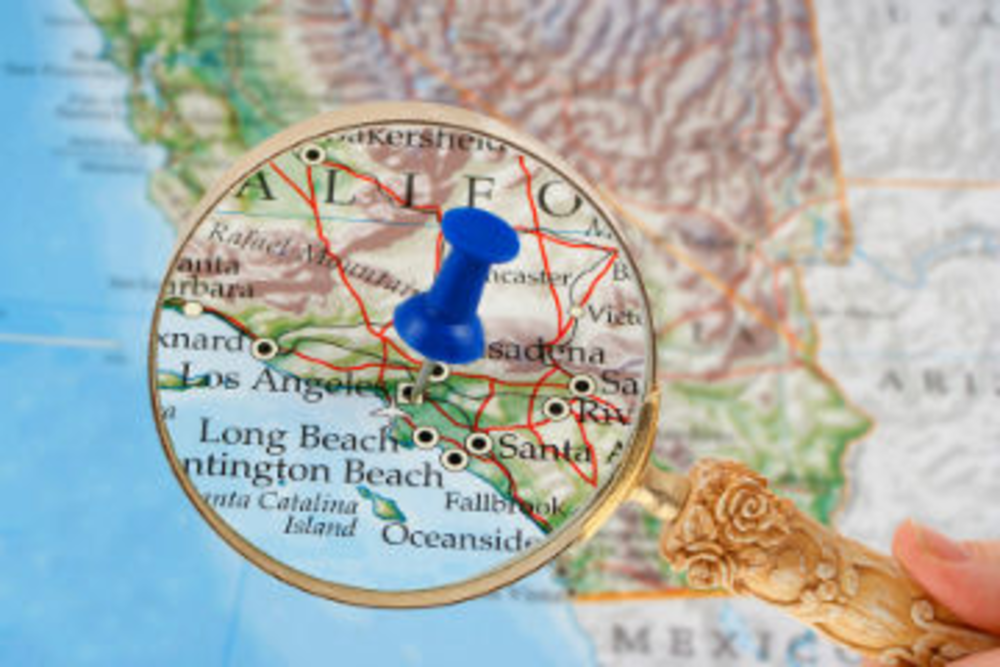He may not have a crystal ball, but Bill Connard, VP of local search solutions at Rio SEO, predicts that Facebook’s Graph Search will give Google and Bing a run for their money when it comes to local search practices in 2013.
“I expect Facebook will be the dominant player in local search this time next year,” Connard says. “People spend more time on their smartphone than ever and most of that time spent is on social networks like Facebook. Having the need of finding local businesses through your social network, knowing those results are relevant, and having recommendations or references from your friends in network around those businesses is a key to making those decisions of where you’re going to go.”
Connard refers to social media as a “minor going major” player in the local search space. He says that consumers currently use social media for recommendations and word-of-mouth purposes, but that these recommendations propel consumers to leave the social network and conduct their local search elsewhere. However, he expects Facebook’s Graph Search will be a game changer.
“Right now, I don’t use Facebook to find a bar, but I may use Facebook to ask my friends where to find a bar,” he explains.
In fact, Connard says Rio SEO applies Facebook’s Open Graph to all of its local landing pages to ensure that its content pages, check-ins, and place pages synch up and deliver relevant content.
According to Connard, if Google and Bing want to remain relevant in the local search category, these power players will have to become smarter by continuing to produce more local search results for generic search terms. He says that this practice helps businesses like Sports Authority, which applies local SEO tactics to its local landing pages to drive more first-page search results and click-through rates.
“Local search is becoming more and more prominent with more and more people actually realizing that they can be found [not only] when consumers can find businesses with geo-locators in it, but also they can find local businesses without having to say geo-locators,”
To achieve the best local search results possible, Connard recommends following these five optimization steps:
1) Build a local landing page for each store
2) Build a mobile landing page for each store
3) Incorporate Google and Bing Webmaster Tools and best practices in company pages
4) Keep business listings organized and clean and make sure the information matches what’s listed on the pages
5) Manage your name, address, and phone number (NAP) data through data aggregators
Connard pins building a landing page as the most important step of the five, but says that following all of the steps is critical. And while he says that this five-step plan can be applied to businesses that have “one or 1,000 locations,” automation should be applied for businesses that have more than 50 locations.








